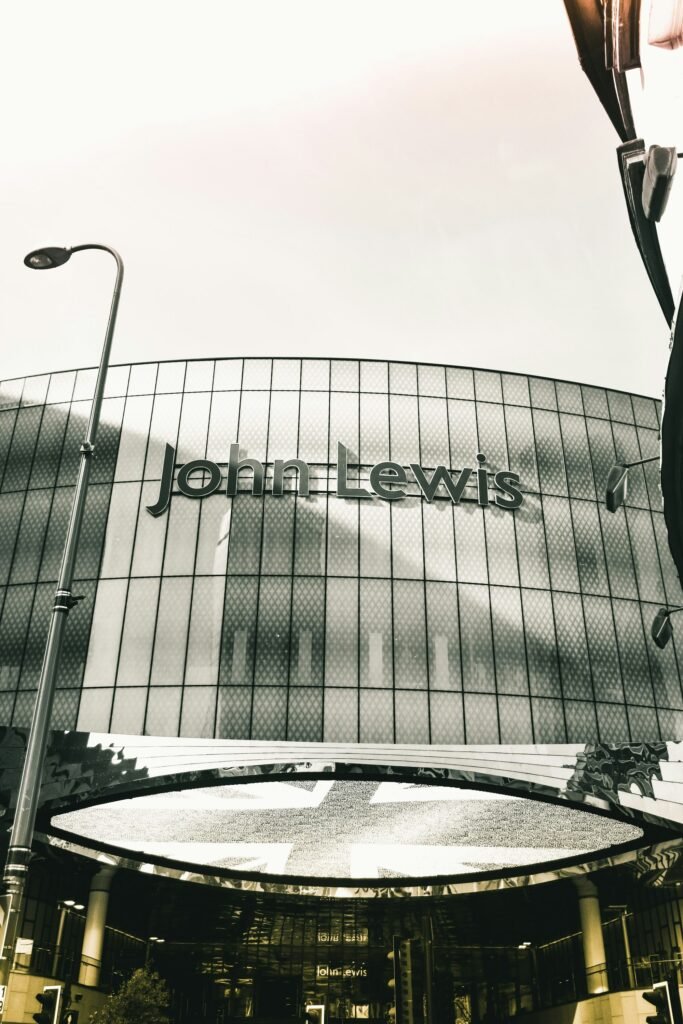
John Lewis has reported a sharp rise in losses for the first half of the year, with figures nearly tripling to £88 million, driven by soaring costs linked to new waste packaging rules and higher National Insurance Contributions (NICs).
The employee-owned retailer, which operates John Lewis department stores and Waitrose supermarkets, revealed that losses before tax and exceptional items jumped from £30m a year ago to £88m.
Jason Tarry, chair of the John Lewis Partnership, acknowledged that consumer confidence remains weak ahead of the UK’s upcoming Budget in November. However, he expressed optimism that a strong festive trading period would help the company turn a profit for the full year.
“We are a second-half business, no doubt about that. All of our profit is in the second half,”
said Tarry, pointing to expected high demand for Christmas gifts like wearable tech and Jellycat soft toys.
Rising Costs and EPR Levy Impact
The company spent £29 million in the six months to 26 July, split equally between costs related to the Extended Producer Responsibility (EPR) scheme which shifts packaging waste costs from local governments to producers and retailers and increased employer NICs.
The Bank of England has warned that if retailers pass the full cost of the EPR levy to consumers, food prices could rise by up to 0.5%.
Last year, John Lewis and other major UK retailers cautioned that such government measures would lead to higher prices and “inevitable” job losses.
Sales Growth at Waitrose and Across the Group
Despite the steep losses, John Lewis reported a 4% rise in total revenue, reaching £6.2 billion.
- Waitrose sales were up 6% to £4.1 billion, with Tarry noting that customers are likely to indulge over the festive season.
The company also reaffirmed its commitment to reinstating staff bonuses, though Tarry said it was too early to set a timeline. John Lewis employees have not received a bonus for three consecutive years.
Efforts to Rebuild Brand Loyalty
In recent years, John Lewis has focused on regaining market share after the pandemic and increasing competition. Last year, it revived its iconic “Never Knowingly Undersold” price promise, two years after discontinuing it.
Zoe Mills, lead analyst at GlobalData, praised this move, saying it gave the retailer a competitive edge. She added that offering knowledgeable staff who can provide trusted advice in categories like electronics and beauty could help John Lewis continue to win over customers.








